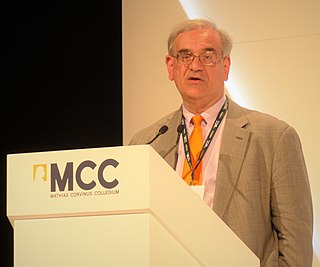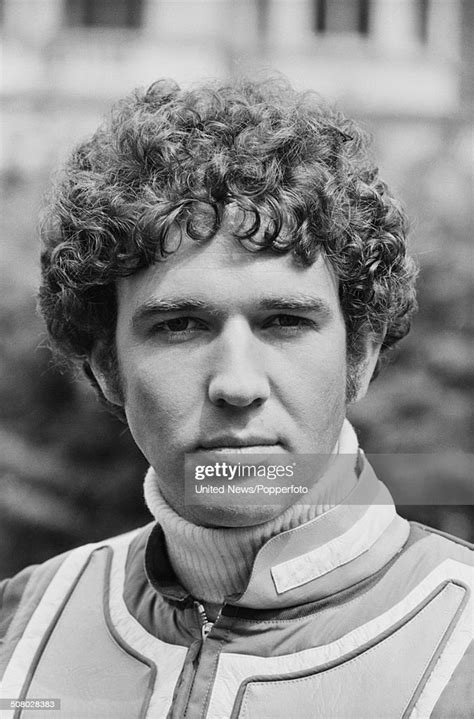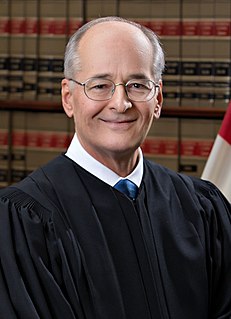A Quote by Joseph Wapner
I'm trying to demystify the whole process. Make it simple, make it palatable. I want people to have respect for the law, and I want to educate people on the basics of the law.
Related Quotes
In war, in some sense, lies the very genius of law. It is law creative and active; it is the first principle of the law. What is human warfare but just this, - an effort to make the laws of God and nature take sides with one party. Men make an arbitrary code, and, because it is not right, they try to make it prevail by might. The moral law does not want any champion. Its asserters do not go to war. It was never infringed with impunity. It is inconsistent to decry war and maintain law, for if there were no need of war there would be no need of law.
I don't want to be treated outside the rule of law. And I don't want people from this part of the world, specifically North Africa and the Middle East, to be seen as underhumans, as people who are not deserving of human rights and being subjected to the rule of law, what I call open season. I don't want that anymore.
The law is equal before all of us; but we are not all equal before the law. Virtually there is one law for the rich and another for the poor, one law for the cunning and another for the simple, one law for the forceful and another for the feeble, one law for the ignorant and another for the learned, one law for the brave and another for the timid, and within family limits one law for the parent and no law at all for the child.
Most laws that we make to protect people from guns are usually ignored by the criminals and obeyed by the law-abiding people. And so I think that if you had better data, there'd be no one more in favor of it than law abiding gun owners because they don't want to be smeared and lumped in with the criminals who use guns.
We make a big mistake when we conclude that the law is the answer to bad behavior. In fact, the law alone stirs up more of such behavior. People get worse, not better, when you lay down the law. To be sure, the Spirit does use both God's law and God's gospel in our sanctification. But the law and the gospel do very different things.
No society can exist if respect for the law does not to some extent prevail; but the surest way to have the laws respected is to make them respectable. When law and morality are in contradiction, the citizen finds himself in the cruel dilemma of either losing his moral sense or of losing respect for the law, two evils of which one is as great as the other, and between which it is difficult to choose.

































